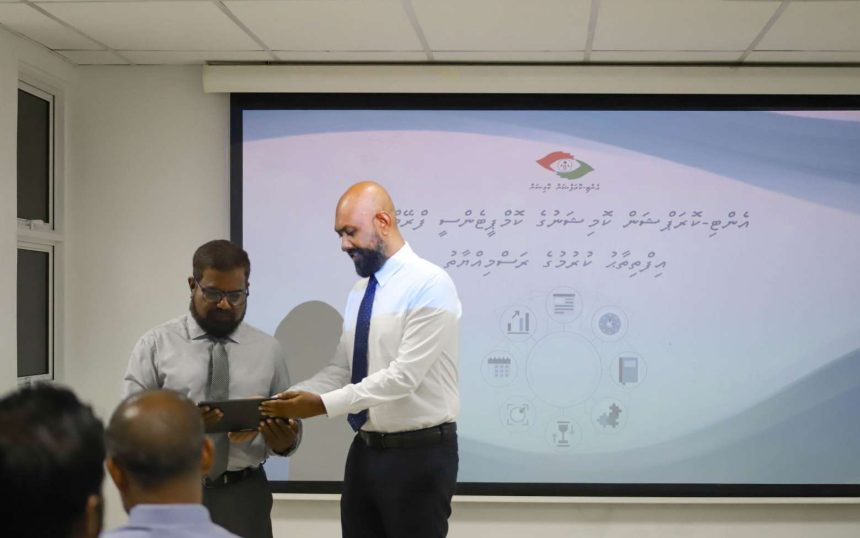The Anti-Corruption Commission (ACC) has unveiled its new Competency Framework, a structured guideline setting out the ethical, professional, and technical standards required of its staff to strengthen institutional effectiveness and accountability.
The framework was officially inaugurated at a special ceremony by Maldives National University Chancellor, Dr. Mahamood Shougee. Speaking at the event, officials highlighted the initiative as a crucial step toward fulfilling the Commission’s constitutional mandate and advancing its vision of a corruption-free Maldives.
Clear Standards for Professional Excellence
The Competency Framework defines the qualities and skills necessary for ACC employees across all positions, serving as a reference point for recruitment, performance evaluation, and career development. It is structured around three key pillars:
- General Competency – establishing core values of professionalism, ethics, and integrity for all staff.
- Technical Competency – detailing specialized expertise required for specific roles.
- Managerial Competency – outlining leadership skills and decision-making qualities needed to guide teams effectively.
Each competency is categorized into three levels—Basic, Intermediate, and Advanced— based on an employee’s role and rank within the Commission.
Building an Effective Institution
By standardizing expectations and performance measures, the ACC believes the framework will enhance organizational capacity, ensure professional consistency, and empower employees to deliver results. Officials stressed that the initiative not only strengthens internal governance but also reinforces public trust in the Commission’s role as a constitutional watchdog against corruption.




